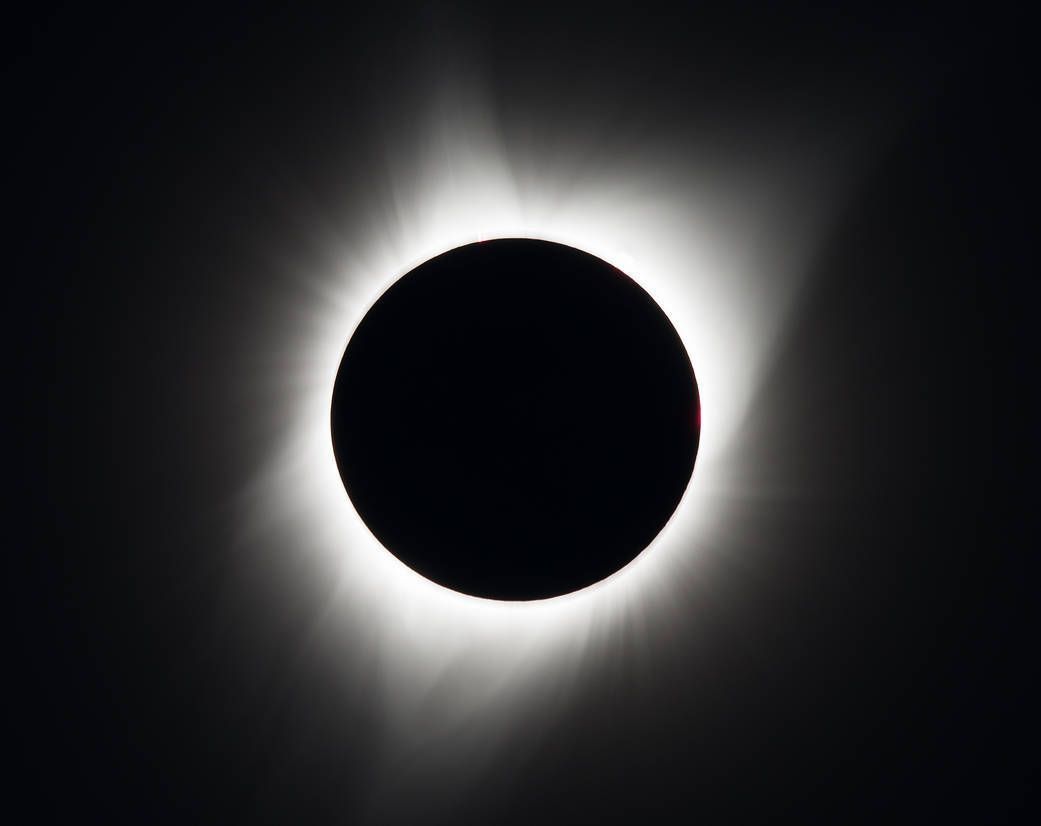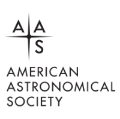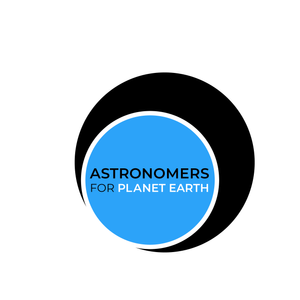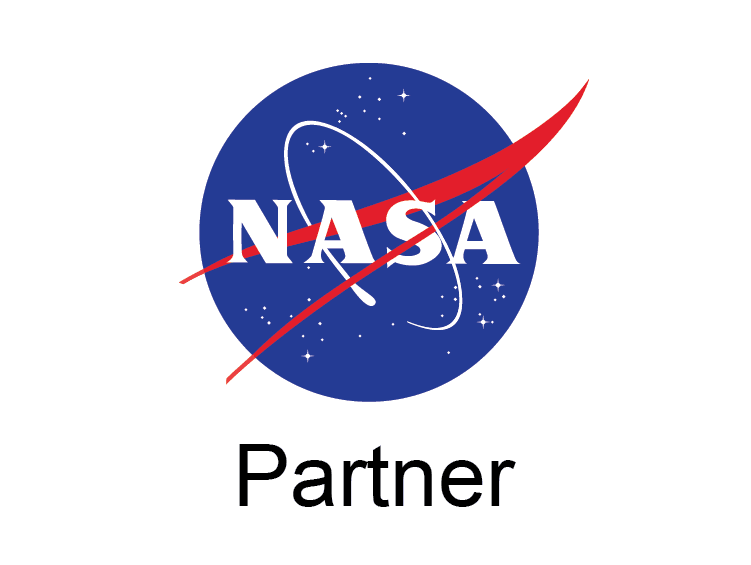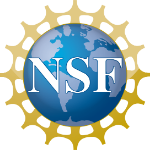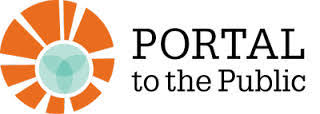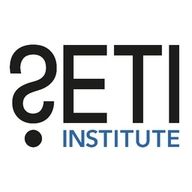Eclipse Information and Resources
On October 14, 2023, many experienced a stunning Total Annular Eclipse. You will not want to miss the spectacular Total Solar Eclipse coming April 8, 2024 whether you are on or off the path.
The ASP has created this resource page to give you as much information, materials, links to resources, and support for your events, personal viewing adventures, or your teaching opportunities to be accurate, safe, and fun!

About the 2024 Solar Eclipse
-
On Monday, April 8, 2024, the Moon will pass directly between Earth and the Sun, creating a total solar eclipse. The new Moon will fully block the Sun’s bright face, turning day into night for several minutes and revealing the magnificent solar corona, our star’s wispy outer atmosphere. Our natural satellite’s dark shadow, about 115 miles wide, will cross Mexico, sweep from Texas to Maine, and then darken parts of Eastern Canada. Outside this narrow path, nearly everyone in North America will get a chance to witness a partial solar eclipse.
New Resource: Eclipses Around the World
Popular ASP Activities & Resources
-
We have run out of our popular solar glasses as of April 3. We also can no longer guarantee delivery of any items we have left in stock in time for viewing the eclipse.
-
We've just posted FREE Solar Eclipse content on our Mercury online magazine website. Premium content is now available to all by subscription! Save 20% through April 15!
-
NASA's Night Sky Network, in partnership with the ASP, supports a network of hundreds of astronomy clubs offering resources, tips, and exciting event opportunities in preparation for the upcoming 2024 solar eclipse.
-
ASP is freely distributing a recent article from our Vol 51 membership "Mercury" magazine by Doug Duncan titled "The Sun, Moon, and You." This guide will help you, your students, friends, and others with tips on running events for the upcoming April 2024 solar eclipse .
All about ASP's Exclusive Yardstick Eclipse Activity (solar & lunar)
-
The ASP created this popular activity which became a staple for groups to demonstrate how a lunar and solar eclipse work. We carry this activity in kits of 5, perfect for school and event settings.
Additional ASP Partner Resources
-
Sponsored by the American Astronomical Society, the Totality app is available free for iOS and Android smartphones. It will be your solar eclipse companion and put recent and upcoming total solar eclipses in your pocket
-
See what the excitement is all about over the popular Live Stream eclipse events at the Exploratorium.
-
GreatAmericanEclipse.com is published by Michael Zeiler and Polly White. Their website provides information, maps, photos and videos related to all types of solar eclipses around the world.
-
NASA studies solar eclipses on the ground, in our atmosphere, and in space, influencing solar and Earth science. Find out everything from how eclipses work to safe solar viewing instructions.
-
You can get local circumstances of upcoming solar (and lunar) eclipses for cities worldwide with this popular resource timeanddate - all free and online.
-
NSTA is providing a collection of resources and teaching materials for the classroom as you plan your upcoming eclipse events. Solar Eclipses are excellent astronomical events for teachers and students to learn about the science of astronomy.
-
Exploring Lunar and Solar Eclipses via a 3-D Modeling Design Task
note: This 2016 article is only accessible by NSTA Members but includes a 12 page preview
-
A Guide for Public Libraries and their Communities
-
N S T A Solar Eclipse Guide for Educators
-
What School Administrators and Other Education Leaders Need to Know (An NSTA Publication)
-
A Guide by Andrew Fraknoi
Astronomer/Educator/ -
Compiled by Andrew Fraknoi (Fromm Inst., U of San Francisco)

